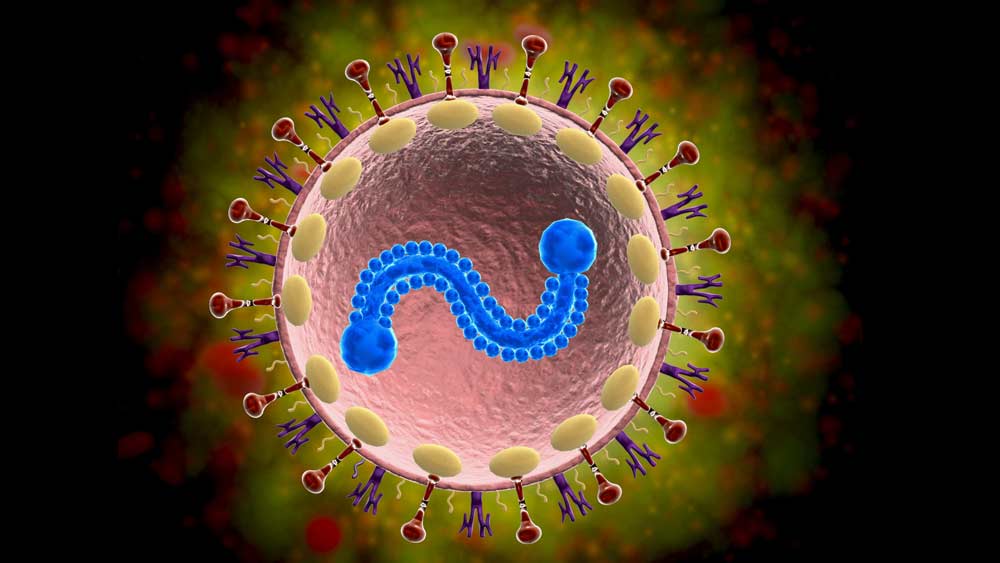Respiratory syncytial virus (RSV) is a highly contagious virus that causes infections in the respiratory tract. It is one of the leading causes of bronchiolitis and pneumonia in infants and young children worldwide, but it can also severely affect older adults and immunocompromised individuals. RSV spreads easily through respiratory droplets and contaminated surfaces, peaking during the fall and winter seasons in most regions.

Epidemiology and Transmission
RSV is ubiquitous and affects nearly all children by the age of two. While most infections are mild and present as common colds, RSV is responsible for approximately 2.1 million outpatient visits and up to 80,000 hospitalizations annually among children under five in the United States alone. Adults over 65 and individuals with chronic lung or heart conditions are also at heightened risk for complications.
Transmission Routes Include:
- Direct contact with nasal or oral secretions
- Inhalation of airborne droplets
- Contact with contaminated surfaces (e.g., doorknobs, toys)
Clinical Manifestations of RSV Infection
RSV symptoms typically develop four to six days after exposure and vary by age and immune status. Initial symptoms often resemble a mild upper respiratory infection but can progress, especially in high-risk populations.
Common Symptoms:
- Runny nose
- Decreased appetite
- Coughing and sneezing
- Fever
- Wheezing or difficulty breathing
Severe Manifestations:
- Bronchiolitis (inflammation of the small airways)
- Pneumonia
- Apnea (especially in infants)
- Respiratory failure in severe cases
High-Risk Groups
While RSV can infect individuals of all ages, certain populations are more susceptible to severe disease:
- Infants under 6 months
- Premature babies
- Children with congenital heart disease or chronic lung disorders
- Older adults (≥65 years)
- Individuals with weakened immune systems
Diagnosis and Testing
Diagnosis is primarily clinical, especially during RSV season. However, laboratory tests can confirm RSV infection in ambiguous or severe cases.
Diagnostic Methods:
- Rapid antigen detection tests
- Polymerase chain reaction (PCR) assays
- Viral culture
- Chest X-rays (in severe cases)
Treatment and Management
There is no specific antiviral treatment for RSV in most cases. Management focuses on symptomatic relief and supportive care. Hospitalization may be required for severe cases involving respiratory distress or dehydration.
Supportive Treatments Include:
- Hydration and nutritional support
- Antipyretics (e.g., acetaminophen) for fever
- Oxygen supplementation
- Mechanical ventilation in critical cases
Note: Antibiotics are ineffective unless secondary bacterial infections are present.
Preventive Measures and Immunoprophylaxis
General Prevention:
- Frequent handwashing
- Avoiding contact with sick individuals
- Disinfecting surfaces and toys
- Avoiding smoke exposure
Immunoprophylaxis:
Palivizumab, a monoclonal antibody, is available for high-risk infants and young children to reduce the risk of severe RSV disease. Monthly intramuscular injections are administered during RSV season.
RSV Vaccines:
As of 2023, the FDA approved two RSV vaccines for older adults and maternal immunization:
- Arexvy (GSK) for adults ≥60 years
- Abrysvo (Pfizer) for both adults ≥60 years and for pregnant individuals to confer passive immunity to infants
Complications Associated with RSV
Complications can arise, particularly in vulnerable populations, and may require intensive care.
Potential Complications:
- Bronchiolitis and pneumonia
- Asthma exacerbation or onset
- Otitis media (ear infections)
- Apnea in infants
- Long-term respiratory sequelae in some cases
RSV in Adults: An Emerging Concern
While RSV is classically associated with pediatrics, recent studies emphasize its impact on older adults. RSV in the elderly can mimic influenza and lead to severe lower respiratory tract disease, with hospitalization and mortality rates comparable to those caused by influenza.
Future Directions in RSV Research
Research into RSV vaccines, antivirals, and long-term immunity continues to progress. Areas of interest include:
- Next-generation vaccines for broader age groups
- RSV antiviral agents under development (e.g., RNA inhibitors, fusion inhibitors)
- Improved point-of-care diagnostics for rapid RSV detection
- Epidemiologic modeling to enhance seasonal prediction and public health preparedness

